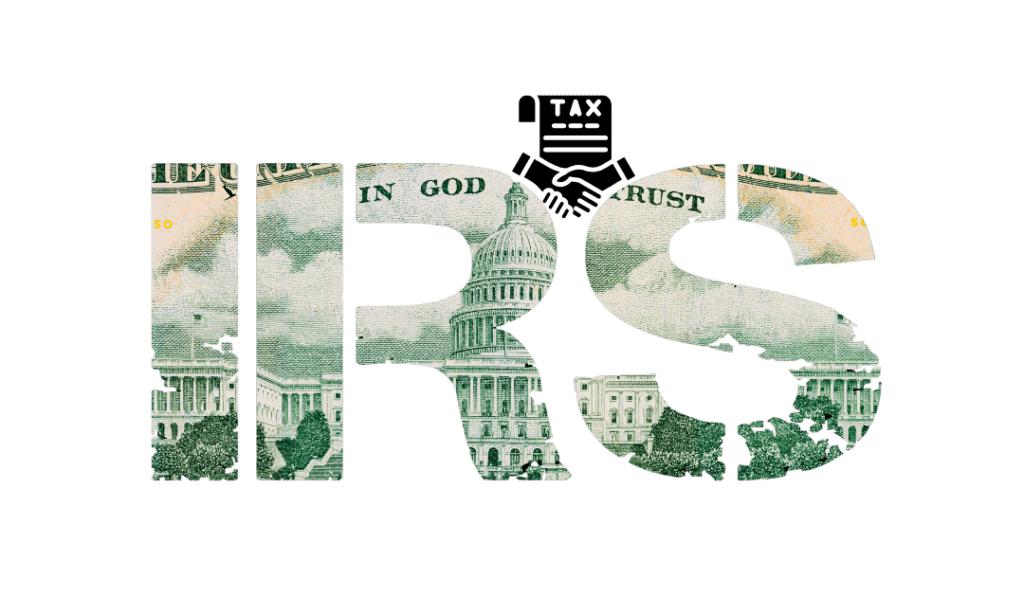The Internal Revenue Service (IRS) has announced enhanced enforcement initiatives aimed at ensuring tax compliance, particularly among high-income earners and large corporations.
With increased funding from the Inflation Reduction Act, the IRS is stepping up its efforts to close the tax gap, target noncompliance, and promote fairness in the tax system.
Here’s what you need to know about these new initiatives and how they could affect you.
1. What Are the IRS Enforcement Initiatives?
The IRS enforcement initiatives are a series of measures designed to improve tax compliance and collect unpaid taxes. These efforts focus on ensuring that all taxpayers, especially those with complex financial structures, pay their fair share. Key aspects of the initiatives include:
- Increased Audits: The IRS is ramping up audits for high-income taxpayers and large corporations, ensuring they adhere to tax laws.
- Enhanced Use of Data Analytics: Advanced technology is being used to identify discrepancies and patterns of noncompliance.
- Targeting Offshore Tax Evasion: Efforts are being made to address unreported foreign income and offshore accounts.
- Focus on Cryptocurrency Transactions: The IRS is scrutinizing digital asset transactions to ensure proper reporting.
2. Why Are These Initiatives Important?
The IRS enforcement initiatives aim to close the tax gap—the difference between taxes owed and taxes paid.
This gap is estimated to be hundreds of billions of dollars annually. By focusing on compliance, the IRS seeks to ensure a fair tax system where everyone contributes their share.
These efforts also promote transparency and discourage tax evasion, helping to fund critical government programs and services.
3. Who Is Most Affected?
While all taxpayers are expected to comply with tax laws, the enhanced enforcement initiatives primarily target:
- High-Income Earners: Individuals with incomes over $400,000 are more likely to face increased scrutiny.
- Large Corporations: Companies with complex financial arrangements are being examined to ensure compliance with corporate tax laws.
- Cryptocurrency Users: Those involved in digital asset transactions must report gains and losses accurately.
- Offshore Account Holders: Taxpayers with unreported foreign income or accounts are under increased surveillance.
4. What Steps Can You Take to Stay Compliant?
To avoid penalties or audits, taxpayers should prioritize compliance and accurate reporting. Here are some steps to ensure you’re prepared:
- Keep Accurate Records: Maintain thorough documentation of income, deductions, and transactions.
- Report All Income: Ensure that all income, including foreign income and cryptocurrency transactions, is accurately reported.
- Consult a Tax Professional: Work with a qualified tax advisor to navigate complex tax laws and ensure compliance.
- Respond Promptly to IRS Notices: If contacted by the IRS, respond promptly and provide the requested information.
5. How We Can Help
We specialize in helping individuals and businesses navigate IRS compliance and enforcement actions.
From representing you in audits to assisting with accurate tax filings, our experienced team is here to ensure you stay compliant while minimizing stress.
Schedule a free consultation today to learn how we can assist you with IRS-related concerns.
Be Prepared, Take Action Today!
With the IRS stepping up enforcement, staying compliant has never been more important.
By understanding the initiatives and taking proactive steps, you can avoid penalties and protect your financial health.
Don’t wait until the IRS contacts you—reach out to a tax professional and stay ahead of the curve.
Frequently Asked Questions (FAQ) About IRS Enforcement Initiatives
1. Why is the IRS increasing enforcement?
The IRS is increasing enforcement to close the tax gap and ensure fairness in the tax system. The initiatives aim to target noncompliance and collect unpaid taxes.
2. Who is most likely to be audited under these initiatives?
High-income earners, large corporations, cryptocurrency users, and offshore account holders are most likely to face increased scrutiny.
3. How can I avoid IRS penalties?
To avoid penalties, ensure accurate reporting of all income, maintain proper documentation, and work with a tax professional to stay compliant.
4. Are cryptocurrency transactions included in the enforcement initiatives?
Yes, the IRS is scrutinizing digital asset transactions to ensure proper reporting and compliance with tax laws.
5. What should I do if I receive an IRS audit notice?
If you receive an audit notice, respond promptly and provide the requested documentation. Consulting a tax professional can help you navigate the process effectively.






